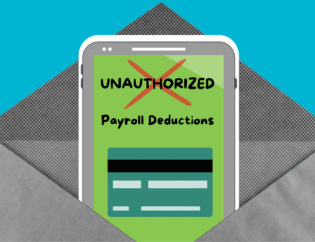
There are several types of salary deductions applicable to the employee’s paycheck, as mandated by the federal government of the United States. By law, employers must withhold a portion of their employees’ salary to cover taxes, garnishments, and other benefits which are also favorable to the employees.
Few examples of common payroll deductions are local taxes, health insurance premiums, and 401 contributions.
These deductions need to be pre-approved by the employee in writing and signed and dated prior to any money being taken out of their paycheck. It is an agreement between an employee and their employer to deduct specific amounts from the employee's paycheck for various purposes.
To set up an approved payroll deduction, the employee usually fills out a form provided by the employer, indicating the type and amount of deduction they wish to make. The employer then processes the deduction and adjusts the employee's paycheck accordingly.
It's important for both the employer and employee to have a clear understanding of the terms and conditions of the approved payroll deduction. The employer should ensure that they comply with any legal requirements and obtain the necessary written consent from the employee before making any deductions. Likewise, the employee should review the deduction details to confirm accuracy and understand the impact on their net pay.
If you have specific questions about an approved payroll deduction in your workplace or need further information, it's recommended to consult your employer's human resources department or the relevant payroll administrator.










